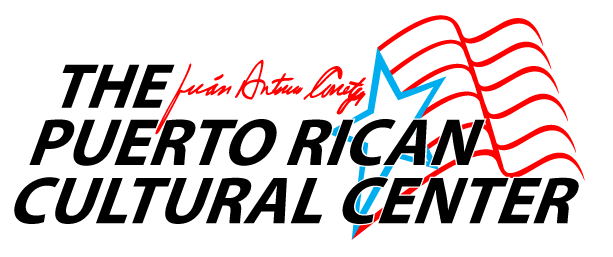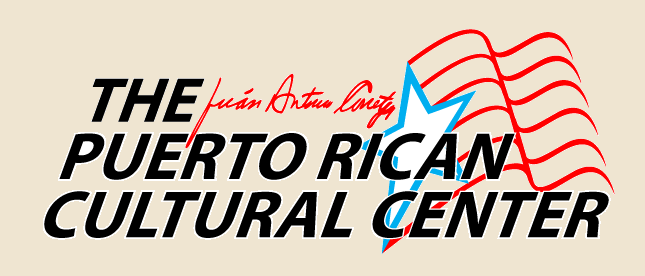by Michael Rodríguez-Muñiz, National Boricua Human Rights Network
Long ago Oscar López Rivera renounced armed struggle for Puerto Rican independence, a fact his detractors—both in the U.S. intelligence community and among the most conservative sectors of Puerto Rico—willfully ignored. Oscar, to my knowledge, based his decision on tactical and ethical grounds. However, he never renounced or abandoned the struggle for Puerto Rican independence. Thirty-five years in prison did not change his principles or his politics. Soon Oscar will walk out of prison and leave Terre Haute, Indiana behind. On all accounts, he plans to return to his homeland and immerse himself in Puerto Rican life. He will reunite with his daughter and family and visit the graves of loved ones that passed over these long, cold years of separation. Oscar will walk, once again, through verdant hills of San Sebastián and feel the warmth of the Caribbean sun on his face. Having become a household name, rivaling the island’s musical giants, he will be swarmed by people where ever he goes. He will be met with innumerable expressions of gratitude for his anti-colonial patriotism, curiously, even from some than that support annexation into the U.S. empire. Oscar will receive a hero’s welcome in Puerto Rico and in Puerto Rican barrios across the diaspor
a. In Chicago, the birthplace of his independentismo, festivities will over take Division Street as one of its revolutionary son’s sees the massive flags of Paseo Boricua, for the first time. He will tour Paseo, stopping at restaurants and speaking with students at Roberto Clemente and Dr. Pedro Albizu Campos high schools. He will stand before the somber statue of Pedro Albizu Campos at La Casita de Don Pedro and take in the many murals along the street. After decades, Oscar will be able to experience the fruits of the many seeds he planted before clandestinity. Oscar’s future, however, is not just one of celebration. If his life has taught us one lesson, it is that Oscar embodies
Don Juan Antonio Corretjer’s revolutionary axiom: “la vida es lucha toda.” Oscar, in this vein, has expressed his desire to continue to contribute to Puerto Rico’s decolonization and independence. He has given too much of his life to this just cause, only to stop now. The form that this contribution will take, only time will tell. But he has made clear his intentions to play an active role. He will not accept becoming an ossified patriotic symbol. The fact that Oscar is looking to the future should be taken as a call to action for us all. The freedom of Oscar and comrades, Puerto Rican political prisoners and prisoners of war, was not the main objective of the struggle. It was a necessary one, for no liberatory movement can abandon its political prisoners, but it was only part of a broader struggle against U.S. colonization. Over the past year, the colonial status and reality of Puerto Rico has been laid bare. According to a recent decision of the U.S. Supreme Court, Puerto Rico possesses no genuine autonomy. The so-called “commonwealth” status never fundamentally changed Puerto Rico from a colonial possession to a “self-governing” entity. As that same imperial court declared in 1922, Puerto Rico belongs to, but is not part of the United States. The rawest example of colonialism on the island is the newly installed fiscal control board. This non-elected, largely non-Puerto Rican, and almost entirely neoliberal board has been empowered to force everyday Puerto Ricans to pay what attorney Natasha Lycia Ora Bannan has correctly called an “odious debt.” Puerto Rico and its people are undergoing a multifaceted crisis that requires radical political solutions. To quote journalist Ed Morales, “as Puerto Rico faces down multiple crises, the island will need a considerable dose of that anticolonial spirit to win a measure of freedom and sovereignty.” Oscar’s release, Morales and others believe, has the potential to jolt that spirit and amplify national resistance against U.S. rule and corporate control. This is the context of Oscar’s return and the political challenges that he wants to face, side by side, with his people. In Puerto Rico and the Puerto Rican diaspora, the freedom of Oscar is an event worthy of massive and prolonged celebration. This victory is almost unthinkable in this political climate. It took thirty-five years of tireless work to free Oscar. It took the integration of many social, cultural, and political sectors to transform Oscar from an independentista to a national figure and point of unity. And it will take even more to achieve Puerto Rico’s self-determination. Oscar never lost sight of the broader struggle, and upon his return he will continue working towards that future. His freedom, correspondingly, should not be taken as the end of a campaign, but the beginning of something even greater. The struggle, as we know, continues.







